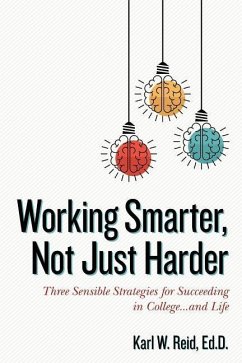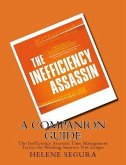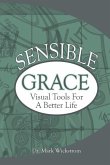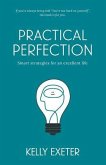College presents a whole new set of challenges, and even students who excelled in high school will struggle. Going in confident only to be faced with uncertainty can be difficult, but with a bit of strategy, you can learn to be back on top in no time. In this guide to relearning how to learn, engineer and educator Dr. Karl W. Reid reveals his "Deep Dive" learning method, which he's taught to countless students as a mentor, director of programs, and associate dean. The approach originated with his own experience. After graduating near the top of his class, Reid headed off to MIT with high expectations. After a distressing failing grade, he realized his old study habits weren't enough. Every student hits this wall at some point. The key is to rise up from failure and learn to work smarter. This guide lays out a practical path to academic success. You will learn how to overcome setbacks by building confidence, engage with peers and professors, and take a comprehensive approach to learning, principles that can also be applied to the workplace. This perspective comes from an academic who overcame personal challenges to excel in the STEM field. If you're willing to put in the work, this plan will get you through.








